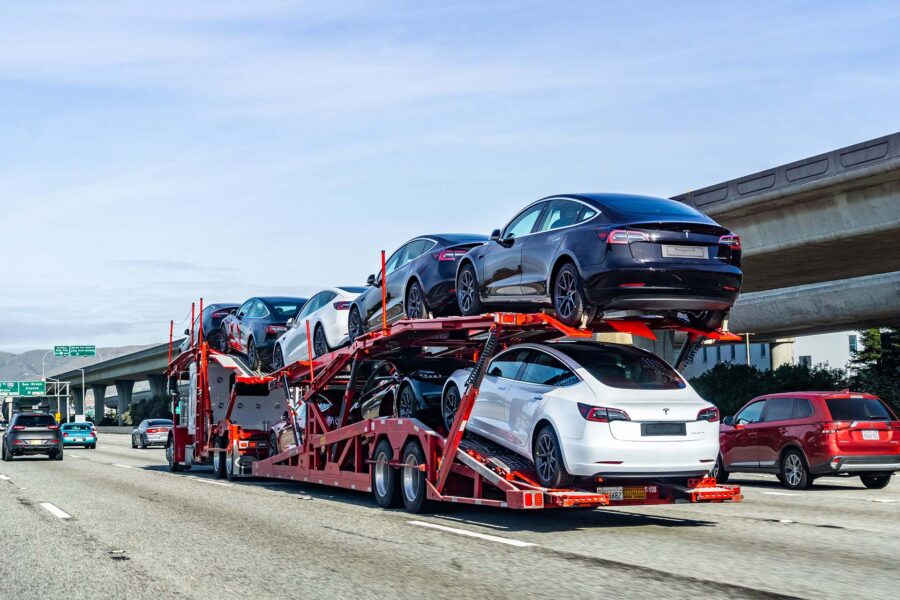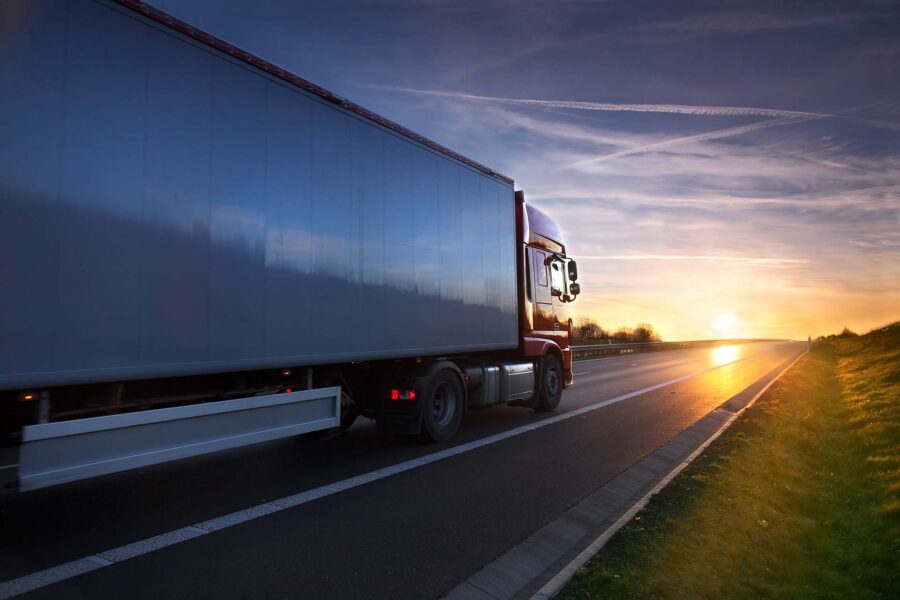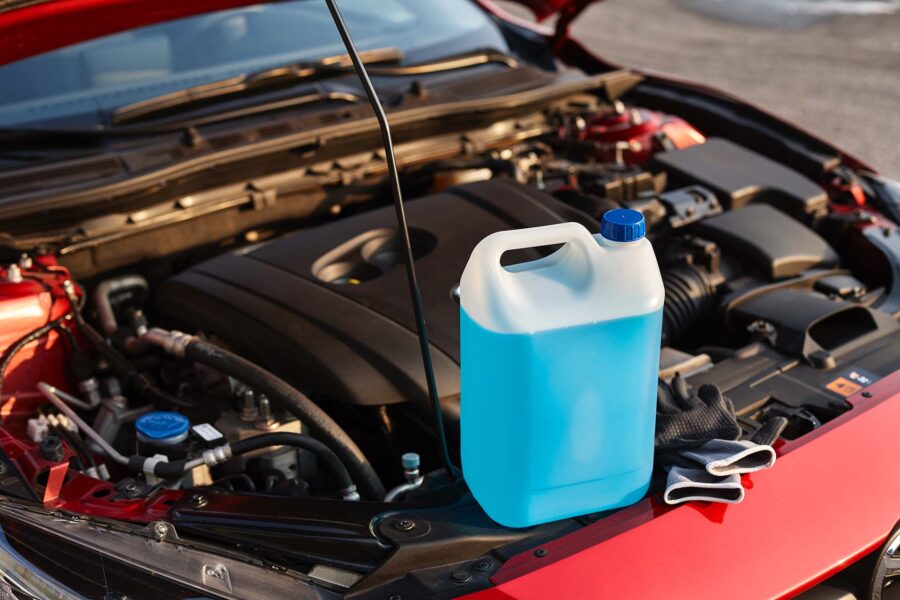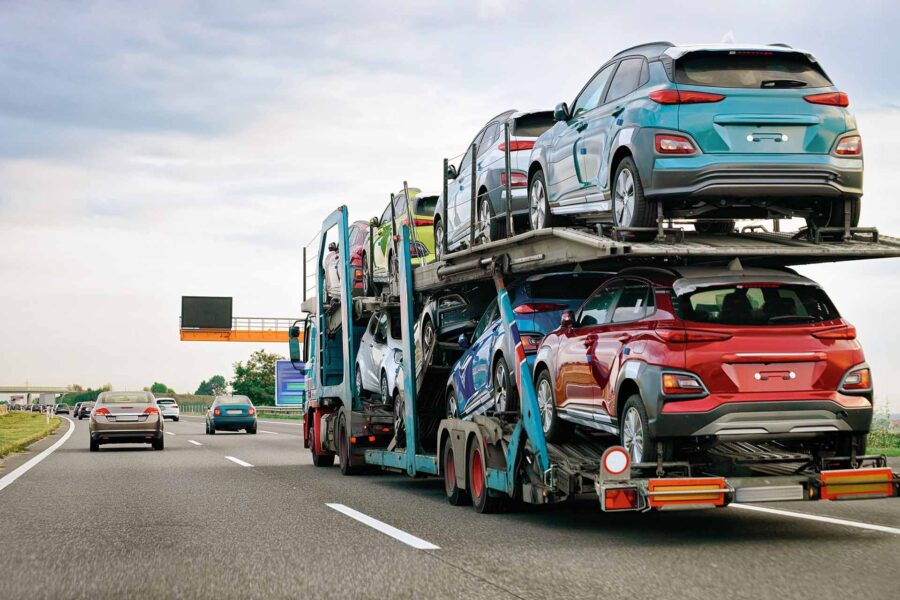Are you planning a journey down to the West Coast and would love to have your cherished four-wheeler with you? Then you’re in the right place. Let’s discover how to ship your car from Seattle to Los Angeles seamlessly. We will simplify this process, ensuring a smooth and stress-free relocation of your vehicle. Let’s dive into the essentials of a safe car transport experience.

How to Ship a Car From Seattle to Los Angeles
When planning a car transport from Seattle to Los Angeles, start by selecting reliable car carrier options. Choose between open-air vehicle shipping or enclosed car transport based on your needs and relocation budget.
Prepare your automobile by cleaning it thoroughly and removing personal items and any important documentation. Ensure all necessary documentation is in order. Upon arrival, inspect your four-wheeler to confirm it’s in the same condition as when it departed. This approach guarantees a stress-free relocation experience.
How Many People in LA Own an Automobile?
Based on data from the Federal Highway Administration, California has over 31 million registered vehicles, with Los Angeles leading in auto ownership. LA has about 3.9 million residents and boasts more than 2.2 million registered vehicles. This translates to an 87.9% vehicle ownership rate and an average of 1.63 cars per household.

Choose the Right Interstate Car Shipping Company
Reliable long-distance moving services can make the difference between a smooth experience and a logistical and stressful nightmare. Start by researching companies with a strong reputation for safety and customer satisfaction.
Look for long-distance movers like California-Seattle Express, with a proven track record of timely deliveries and transparent communication. Reviews and ratings from past customers can be incredibly insightful. Additionally, consider the range of auto transport services offered. Ensure they can accommodate your specific needs and timeline no matter how big or small your relocation is.
Follow These Criteria for Selecting a Reliable Cross-Country Moving Company
When narrowing down your options for a car shipping service, several key criteria should guide your decision. Firstly, assess the company’s licensing and regulatory compliance. Legitimate carriers will be registered with the US Department of Transportation.
Secondly, examine their service options. Do they offer both open and enclosed transport? What about their delivery options?
Thirdly, evaluate their customer service quality. Responsive and helpful customer support is essential, particularly if you encounter any issues or delays. Lastly, compare vehicle shipping costs, but be wary of rates that seem too good to be true, as they might indicate hidden fees or lower service standards.
Don’t Underestimate the Importance of Insurance Services
Insurance is a critical component of every interstate relocation. Ensure the long-distance moving company provides adequate insurance coverage for your vehicle during transit. This protection should cover any potential damages depending on your chosen carrier.
If you decide to go with an open trailer, you will be compensated up to $100.000. If you go with the enclosed carrier, you can be compensated up to $500.000 in case of damage. No matter the option you choose, always ask your movers from Seattle to California for details about their policy and make sure that you understand what it entails.

Explore Different Carrier Options
When relocating to another state, you have two trailer options to choose from, each catering to different needs and budgets. The most common methods are open-air and enclosed transport. Open-air transport is typically more affordable and capable of transporting more than one vehicle at a time. Even though your four-wheelers are safe, they are exposed to the outside elements.
On the other hand, enclosed transport provides a more secure environment, so it’s a perfect solution for more high-end cars or classics. Your auto is shipped in a covered trailer, protecting it from weather and road debris. However, be aware that it will likely come at a higher price point.

Prepare Your Vehicle for Transportation
Every long-distance relocation demands starting this process on time and good preparation. Just as it’s important to pack your fragile items or dismantle your bulky furniture, it requires organization and thorough planning to relocate your auto.
This preparation not only ensures the safety of your vehicle but also facilitates a smooth and easy relocation process. A well-prepared four-wheeler minimizes the risk of damage and delays while offering some piece of mind and mitigating some of your relocation anxiety.
Take These Precautions to Ensure Your Automobile’s Safety
Taking the time to properly prepare your vehicle can prevent potential issues and simplify the whole process. Here’s a list of essential tasks to complete when preparing for the moving day:
- Cleaning – wash your auto inside and out. A clean vehicle makes it easier to spot any damages that might occur during transit.
- Inspection – conduct a thorough inspection of your vehicle. Document its current state with photos or videos, focusing on any existing scratches, dents, or other issues.
- Removing personal items – clear out all personal belongings from the automobile. These items are not covered by the transporter’s insurance, and they can add unnecessary weight and risk to your shipment.
- Documentation – ensure all necessary documentation for your vehicle is in order. This includes registration and insurance papers that may be required by your cross-country movers.
- Fuel for maneuvering – keep the gas tank no more than a quarter full. This is enough for loading and unloading but not so much that it adds significant weight.
- Tires check – ensure your tires are properly inflated. This helps in maintaining the stability of your vehicle during transportation.
- Liquids check – check all fluid levels and look for any leaks. Any significant leaks should be fixed before shipping to avoid creating hazards during transport.

Cost Considerations of Relocating a Vehicle From WA to CA
The relocation cost of auto transportation can vary widely, influenced by several factors. These include the choice of carrier, the number of vehicles you are relocating, the season, and the exact pickup and delivery locations.
To secure the best rates, it’s crucial to get quotes from multiple companies and ask about any potential additional fees. This proactive approach helps avoid surprises in the form of hidden costs.
Timing also plays a role. For instance, relocation rates may be higher during peak or holiday seasons. By understanding these variables and comparing costs across different options, you can make an informed decision that balances affordability with the level of care your vehicle needs.
Navigate Through the Logistics of Auto Transportation
Navigating the logistics of auto transportation requires understanding the timeline, scheduling, and what to expect on the big day. Typically, the journey can take anywhere from one to two weeks, depending on factors like the transportation and delivery method and the company’s route planning.
When handling pickup and delivery, it’s important to schedule in advance, ensuring the locations are accessible for large transport trucks. Most companies offer door-to-door service, but sometimes, due to restrictions in certain areas, you might need to meet at a nearby, more accessible location.
On the big day, ensure you’re available to hand over the keys and finalize any last-minute details with the driver. You’ll also conduct a final inspection of your vehicle, confirming its condition before transit. This preparation will ensure a smooth and efficient transportation process.
Packing Services
Our professional packers have methods and techniques to ensure all your items are intact during and after the move.
Storage Services
Looking for storage space while you get settled? California-Seattle Express provides 30 days free storage with your move.
Residential Relocation Service
Feeling rushed about your long distance move? We can help you organize and budget so you have everything in place.
Receive Your Car in Los Angeles and Finalize Your Shipment Process
Upon your auto’s arrival, there are specific procedures to ensure a smooth completion of the whole process. First, thoroughly inspect your vehicle in the presence of the transport driver. Compare its condition to the pre-shipment inspection report to check for discrepancies or new damage.
If any damage is noted, document it immediately with photos and notify your service provider to initiate a claim. Ensure you do this before signing the final delivery receipt, as this document often states that you’ve received the automobile in satisfactory condition.
After the inspection, confirm the receipt of your vehicle with the transport company to finalize the shipment process. This step usually marks the successful completion of your relocation.

Let Our Company Drive Your Worries Away
Driving an automobile across vast distances can be tiring for both you and your four-wheeler. Recognizing this, California-Seattle Express stands ready to offer expert assistance, ensuring a smooth and worry-free experience.
Our seasoned professionals are equipped with the knowledge and resources to handle everything from packing assistance and handling to transporting and unloading at your future location. Trust us to deliver your automobile safely and efficiently, allowing you to focus on the excitement of your new adventure. Contact California-Seattle Express today, and let us drive your worries away with our reliable and professional auto transportation services.
FAQ
How Long Does It Typically Take to Ship a Car From Seattle to Los Angeles?
This process typically takes between 1 to 2 weeks. This duration can vary depending on the transport company’s schedule, the type of carrier chosen, and any unforeseen delays, such as weather conditions or traffic. It’s important to discuss timelines with your movers in advance, as they can provide a more accurate estimate based on their current routes and logistics.
Are There Any Specific Requirements for Shipping Luxury or Vintage Cars?
While there are no specific requirements for transporting luxury or vintage cars, opting for an enclosed carrier is highly recommended. Enclosed transport offers added protection against weather and road debris, ensuring your valuable vehicle arrives in pristine condition.
Can I Pack Personal Items in My Car During Shipping?
It’s generally advised not to pack personal items in your automobile during shipping. Adding personal belongings increases the weight of the vehicle and can pose a higher risk of damage to both the items and the car’s interior. Moreover, these items are usually not covered by the transporter’s insurance.
What Happens if My Car Is Damaged During Shipping?
If damage occurs during transport, the first step is to document the damage with photographs and notify your company immediately. Most reputable auto transporters have insurance policies that cover damages incurred during transit.
Do I Need to Be Present When the Car Is Picked Up or Delivered?
Yes, you or a designated representative should be present both at the pickup and delivery of your vehicle. This allows you to inspect the object, confirm its condition, and complete the necessary paperwork. If you cannot be present, ensure someone you trust can perform these tasks on your behalf.
How Do I Prepare My Car for Different Weather Conditions During Transit?
Ensure your automobile is in good working order with properly inflated tires, no leaks, and adequate fluid levels. If relocating in winter, consider adding antifreeze. An enclosed carrier is advisable for extreme weather conditions to provide maximum protection against elements like rain, snow, and harsh sun.
Are There Any Specific Legal Considerations for This Interstate Car Shipping?
When shipping your four-wheeler interstate, ensure that your company is registered with the Department of Transportation and has a valid Motor Carrier number. It’s also important to have all your vehicle’s documentation in order, including registration and proof of insurance. Be aware of any specific regulations or requirements that might apply to your vehicle type as well.





